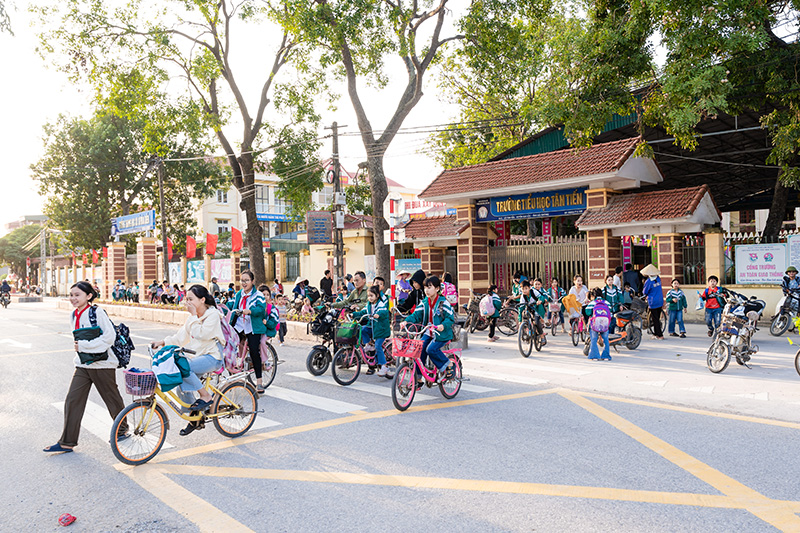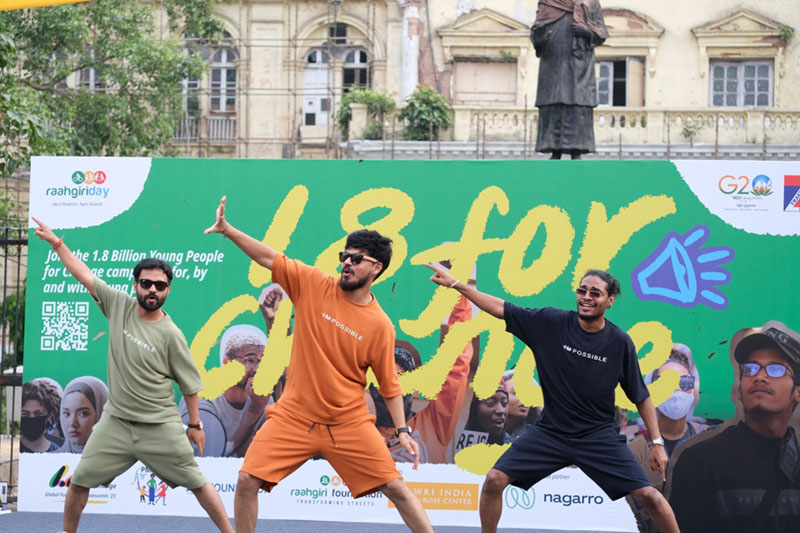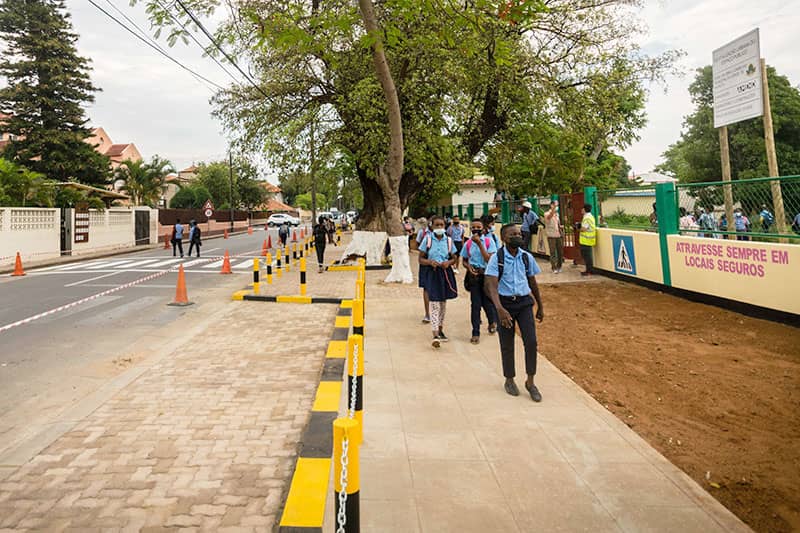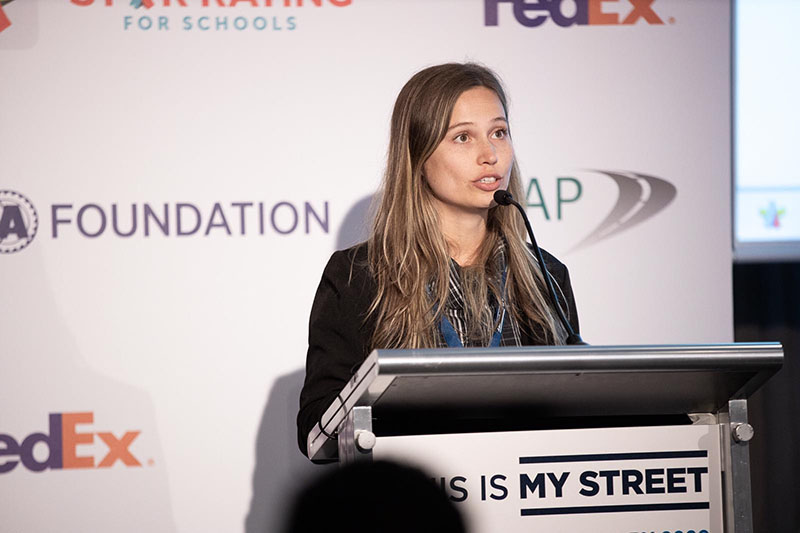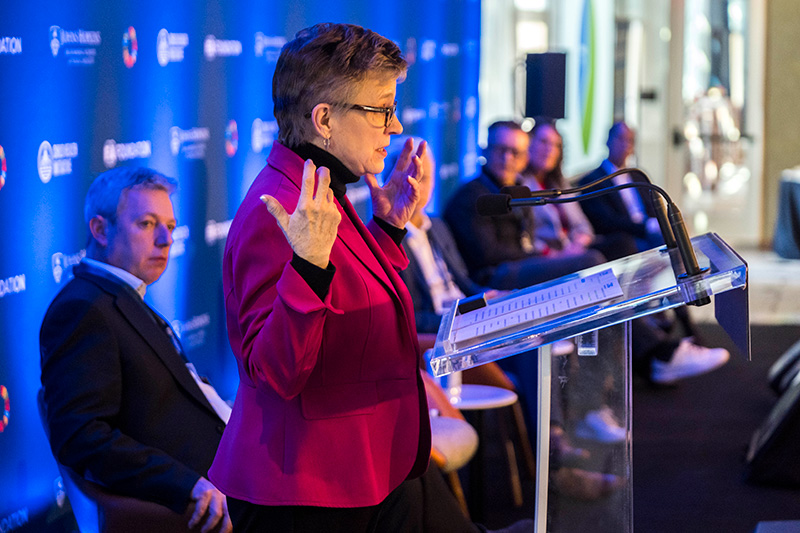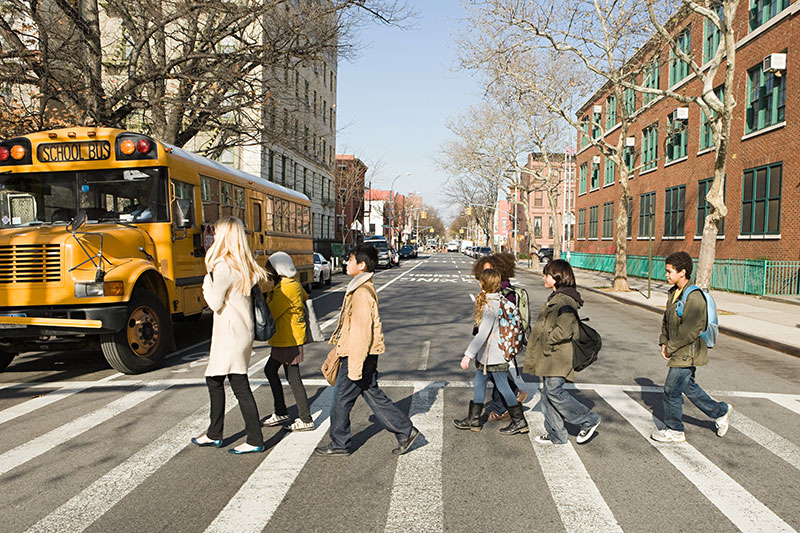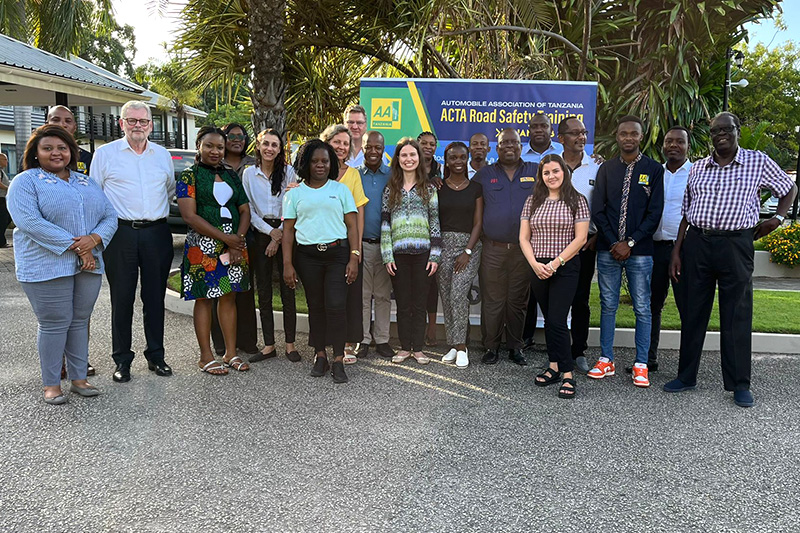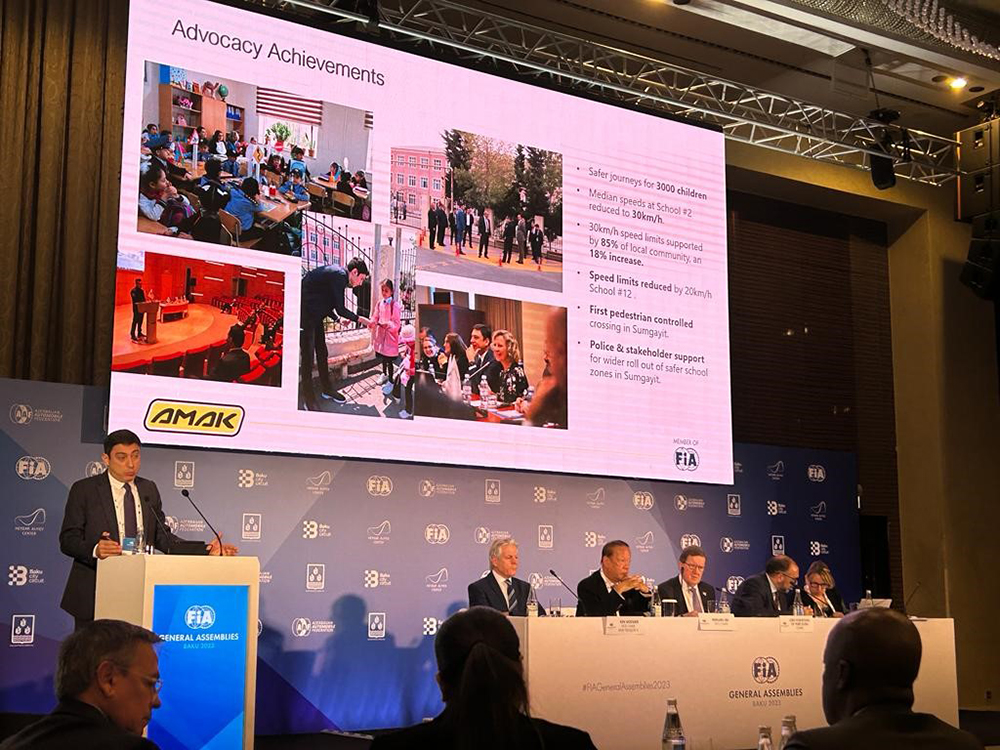Global Initiative plans 2017 action to advance child health agenda
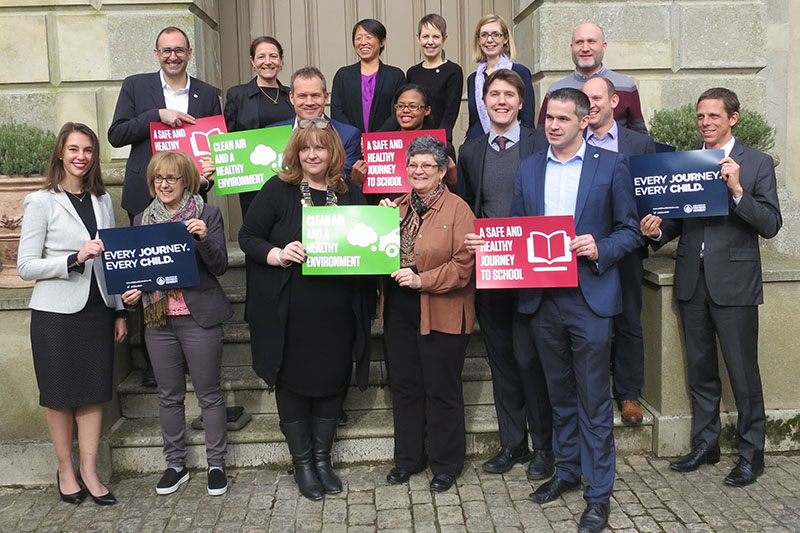





Members of the Global Initiative for Child Health and Mobility have come together for a strategic meeting to discuss our common agenda for upcoming collaboration. Partners from around the world shared activities, experience, and evidence, and identified common areas for advocacy and research.
Since launching in June 2016, the Initiative has gained momentum towards its goal to provide a safe and healthy journey to school for every child. It has built upon the Sustainable Development Goals by incorporating a safe and healthy route to school as a priority in the Habitat III New Urban Agenda, which lays a roadmap for sustainable urban development. Now, the Initiative is advancing partnership work to help deliver this global commitment.
FIA Foundation Executive Director Saul Billingsley said: “The impact on child health of air pollution and road traffic injuries is immense. Action needs to match the scale of these public health epidemics. With a focus on healthy streets and the right of every child to a safe and healthy journey to school, our growing coalition is well placed to persuade governments, cities and philanthropies of the urgent need to provide safe streets and clean air, and to help them to implement cost-effective solutions”.
Senior officials from global partners UNICEF, UNEP, Save the Children, World Resources Institute, and the Overseas Development Institute joined the FIA Foundation, which coordinates the Initiative, at a retreat outside London on 28 February 2017. They shared updates on their programmatic and advocacy activity. Regional NGO partners joining the meeting included Amend, Share the Road, Asia Injury Prevention Foundation, Eastern Alliance for Safe & Sustainable Transport, Fundacion Gonzalo Rodriguez, US National Center for Safe Routes to School, and the International Road Assessment Programme. Partners identified synergies and opportunities for collaborative action, discussed research gaps and priorities, and agreed on some common advocacy activities for 2017.
The Initiative has already been highlighted in the International Transport Forum and OECD report, ‘Zero Road Deaths and Serious Injuries’, and has begun to implement practical road safety solutions in countries like Ghana, through regional partner AMEND. The NGO’s School Area Road Safety Assessment and Improvement (SARSAI) project in Ghana is saving one life for every 286 children who receive speed management and educational interventions, and recently received a $1.7 million injection of funding to expand its work. “SARSAI is the first road safety intervention in Africa proven to save lives, but the political will to scale it up is needed,” said Jeffrey Witte, Executive Director of AMEND.
The Initiative focuses not only on policies for road safety, but also sustainable transportation, clean fuels and vehicles, and equitable urban development. Rob de Jong, Head of Transport for UN Environment, discussed the growing political demand for action to clean up urban air and the need for national and regional coalitions to tackle air pollution through cleaner fuels and vehicles, including moving towards electric bus fleets; traffic reduction measures; and ensuring better provision of safe walking and cycling infrastructure.”
The Initiative will continue its work by: reinforcing the policy narrative of the safe and healthy journey to school as a key right; using policy momentum around air quality to build broader alliances for healthy streets; making a compelling argument for support to new donors; connecting and amplifying individual organisational efforts; and continuing to build alliances with public health, non-communicable disease, urban, climate, and education advocates.
One advocacy initiative will include promoting speed management to keep children safe in school zones, by supporting the theme of speed management during UN Global Road Safety Week on 8-14 May. Evidence shows that speed kills children: Pedestrians have at least an 85% risk of death when hit by a vehicle 40 mph; 45% risk at 30 mph; and 5% of risk at 20 mph. To build political will such efforts to protect children, the Initiative, through the FIA Foundation, is inviting UN member states to report on SDG 3.6, to half the number of deaths injuries around the world. It is encouraging the 44 countries doing voluntary national reviews on the SDGs at the UN High Level Political Forum in July to report on the SDG and include a focus on child safety.
The Initiative identified research gaps and opportunities to bring this issue to the heart of the political agenda. By joining together and engaging schools, transport agencies, health practitioners and environmental experts, the Initiative offers a vision of ending child traffic deaths and supporting low carbon mobility and healthy journeys.
